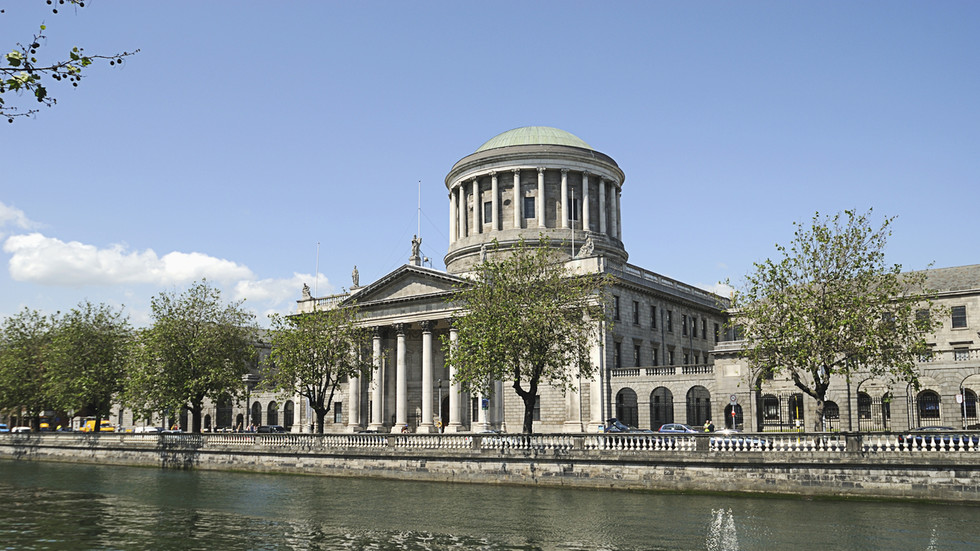Tensions between Israel and Ireland have escalated significantly in recent weeks, culminating in Israel’s announcement of the closure of its embassy in Dublin. The Israeli Foreign Ministry described Ireland’s policies toward Israel as “extreme” and accused the Irish government of endorsing anti-Semitic rhetoric that delegitimizes the Jewish state. Specifically, these sentiments were expressed by Foreign Minister Gideon Saar, who claimed that Ireland has “crossed every red line” in its diplomatic relations with Israel. The decision to shut down the embassy appears to be a response to this perceived hostility and an effort by Israel to reallocate its diplomatic resources to countries that it considers more favorable.
Irish Prime Minister Simon Harris responded to the embassy closure with disappointment, emphasizing the importance of maintaining open communication despite differences in opinion. Harris insisted that Ireland’s stance is not anti-Israel but rather pro-peace, pro-human rights, and pro-international law. This emphasis on international norms reflects Ireland’s broader diplomatic strategy, which seeks to foster dialogue even amidst contentious geopolitical issues like the ongoing conflict in Gaza. Harris’s reiteration underscores the complexity of international relations, where perceptions and policies often clash, leading to significant diplomatic fallout.
The roots of the discord can be traced back to Ireland’s vocal support for Palestine, particularly its call for an immediate ceasefire in Gaza and its formal recognition of the State of Palestine in May 2024. These actions have provoked sharp criticism from West Jerusalem, threatening to sever a relationship that, while historically complicated, had maintained some level of diplomatic engagement. The Irish government, in its recent statements, backed a genocide case initiated by South Africa against Israel at the International Court of Justice, further heightening tensions. This legal support compounds Ireland’s image as a staunch advocate for Palestinian rights, eliciting fierce opposition from Israel.
In stark contrast to Ireland’s approach, Israel has vehemently rejected accusations of genocide, labeling them “absurd.” Israeli authorities maintain that civilian casualties in Gaza are primarily the fault of Hamas, which they argue exploits civilians as human shields during military operations. The Israeli Defense Forces (IDF) have stressed that their military endeavors aim to neutralize the threat posed by Hamas, positioning the conflict as a matter of national security rather than a human rights crisis. Such framing is crucial for Israel, as it seeks to maintain international support while facing mounting allegations of war crimes.
The debate around military actions and their humanitarian implications presents a substantial challenge in navigating the ongoing conflict. Israel’s assertion that its operations are justified by the threat of terrorism contrasts sharply with Ireland’s portrayal of the situation as a humanitarian crisis characterized by collective punishment of the Palestinian people. The stark differences in the narratives underlining the Israeli-Palestinian conflict underscore the deep divisions in international perspectives and the complexities involved in resolving such protracted disputes.
As diplomatic relations deteriorate, the implications for both countries could be far-reaching. For Israel, the closure of the embassy signifies a strategic pivot, redirecting its diplomatic efforts towards states aligned with its security and political interests. Meanwhile, Ireland’s steadfast support for Palestine positions it as a key player in international advocacy efforts, particularly within European and global contexts. Ultimately, the evolving dynamics between Israel and Ireland reflect broader global tensions concerning the Israeli-Palestinian conflict, where national interests, human rights advocacy, and geopolitical alignments are increasingly at odds, leaving diplomatic channels strained and contentious.

